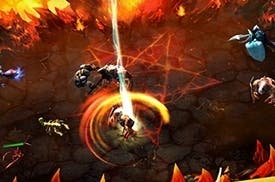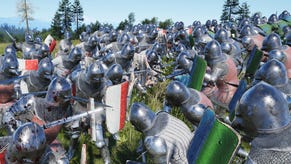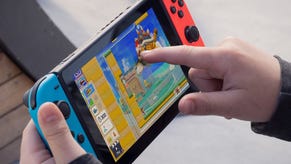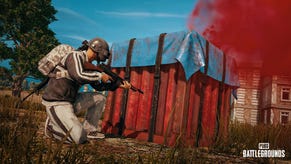American McGee announces F2P iOS card combat/RTS hybrid The Gate
Details his stance on F2P, development in China, and Alice's future.
American McGee, he of American McGee's Alice fame, has announced the latest project at his Shanghai-based studio Spicy Horse, a free-to-play card combat action/RTS hybrid entitled The Gate.
Due later this year on iOS devices, The Gate will allow players to level up cards, then enact battles in a 3D isometric playing field. Pre-registration for the game has already begun at it's official site.
Described by McGee in an interview with Eurogamer as "Pokemon in hell," the nomadic developer went on to describe Spicy Horse's vision for The Gate.
"One of the first goals that we've had during this new phase of our life as a mobile and online developer is to try to bring the quality of the content and 3D assets and storytelling from console and PC over to mobile and online, so I think The Gate is a pretty good expression of that," he said. "There's been a lot of success with these [card combat games] in the mobile space recently and then [we wanted to] translate that to a 3D action game, but still hold onto the traditional CCG mechanics. It's a pretty simple story. You're in hell and you're fighting against demons and as you defeat them you're adding to your card pack and then you upgrade them."
When asked how its free-to-play model would work, McGee replied, "It's a combination of both aesthetic upgrades but also ones that you would use in combat that directly influence how you do, especially in the PvP arena. If you're really concerned with rank and status within the game world, then you're going to go into these arenas and you will want to purchase these card packs, and you'll want to work to train these cards up. But I think for the more casual player the free-to-play aspect of it and the spending money doesn't really have to come in at all."
McGee's mindful of the scepticism that surrounds free-to-play. "I think a lot of contention [with F2P] is interesting. I read Eurogamer and I read Kotaku and some of the other console and PC-focused sites and I see a lot of angst over the topic and for me it's sort of funny, because I think 'if you're not a fan of it, just don't play it,'" he explained.
"Instead of getting so bent up about how or why [this is bad] or getting concerned that this is a system that's one that you don't like or think there's something wrong with it, then maybe it's just not a game that's made for you. And I think that's perfectly fine. I don't go around getting upset at super high-powered motorcycles that are virtual death machines and railing against their existence because I think there's something wrong with them. You know, there are people put there who want to ride around on those things, right? And I think the same applies to these types of games. There's room for all of these and different types of players who appreciate them for what they are."
McGee added that the western, publisher-based business model also gets a lot of flack for very different reasons. "There are perceived evils in the western model in the situation that you have limited retail space and publishers who monopolise that type of content, and the funding of that content, and the types of genres. That's one business model," he said. "Then you go to China or eastern countries and you find that the business model is predicated on free-to-play and a different type of game economy. And that also generates a different type of development environment...
"In China or Japan or Korea, you don't have the built in resistance to the free-to-play model or the online model with free-to-play built into it," he added. "To me, what that says is that none of this is right or wrong. It's just different. And the fact that so many people are so engaged with and so happy with the free-to-play model over in Asia says there's something there. But it's a cultural difference that I think makes western gamers so automatically resistant to it. I think we're seeing that that's slowly being worn down; that people are being more and more accepting of the different ways games get funded or the different ways you pay for or engage with them."
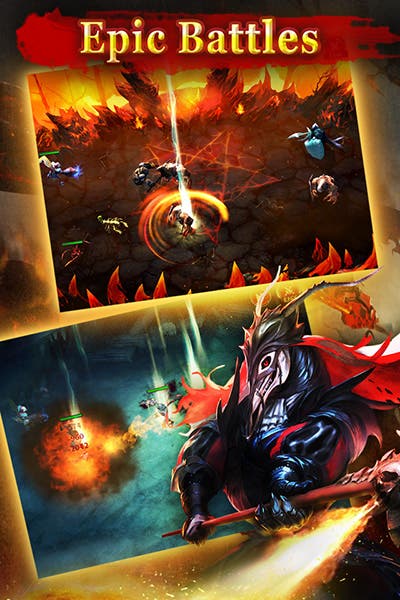
Interestingly, McGee explained that the free-to-play model became a huge hit in China in part due to the fact that traditional consoles are outlawed there. "In response to that Chinese publishers said 'How are we going to get content to people?' That's why it became online. And because you didn't own a PC, you needed to be able to download the game and you needed a persistent account online as well. Then the free-to-play model came out of the demand for that type of content [and] how you're going to monetise it. It was a response to an environment. It's perceived in the western gaming culture as publishers trying to gouge people. It's not evil. It's simply a response to the market environment."
So how did Spicy Horse, a studio that made the relatively high profile PS3, Xbox 360 and PC title Alice: Madness Returns develop the game in a country that's outlawed the very platforms it was made for? Easy: "We had to sneak our consoles in," McGee nonchalantly explained. "I'd fly over to San Francisco, buy one, then fly right back. Or at one point we found out there was a development studio in Taiwan that had gone out of business and they had a ton of Xbox 360s and somehow all those 360s came over to China and you could buy them on the kind of Chinese equivalent of Amazon or eBay and they were like $100 a piece, vs the $1000 that Microsoft wanted."
"Being in China, Sony doesn't want to send you development kits. The same thing for Microsoft. They don't have a policy for sending this hardware to a country where it's outlawed in. But fortunately in terms of development, a lot of our lead animators and lead programmers came from studios like Ubisoft in Shanghai where they had a lot of experience making console games."
"One thing I think a lot of western gamers don't realise is that a very, very large per cent of the content that they're playing when they're playing a console game from EA or Activision or Ubisoft or THQ, a huge portion of that is made in China. The assets that you see as you're running through Call of Duty or Medal of Honor or Assassin's Creed, those assets are built in China. Nobody tells you that though. So you've got entire armies of people out in China building console game content, but of course the publishers don't highlight that fact in a way that lets you know that you're playing a game that's 90 per cent Chinese."
Speaking of console games made in China, I had to ask the question on everyone's mind regarding Mr. McGee's most well-known property, Alice: Will there be a third title in the series? "That's really a question for EA as they control the video game rights even though I now control the film rights," he said. "We're just continuing the conversation with them and trying to see what kind of game and what size, and how we'd get it made. That's just an ongoing conversation, but obviously it's something that I've very interested in, and something we're ready to make, and something I think EA is interested in as well."
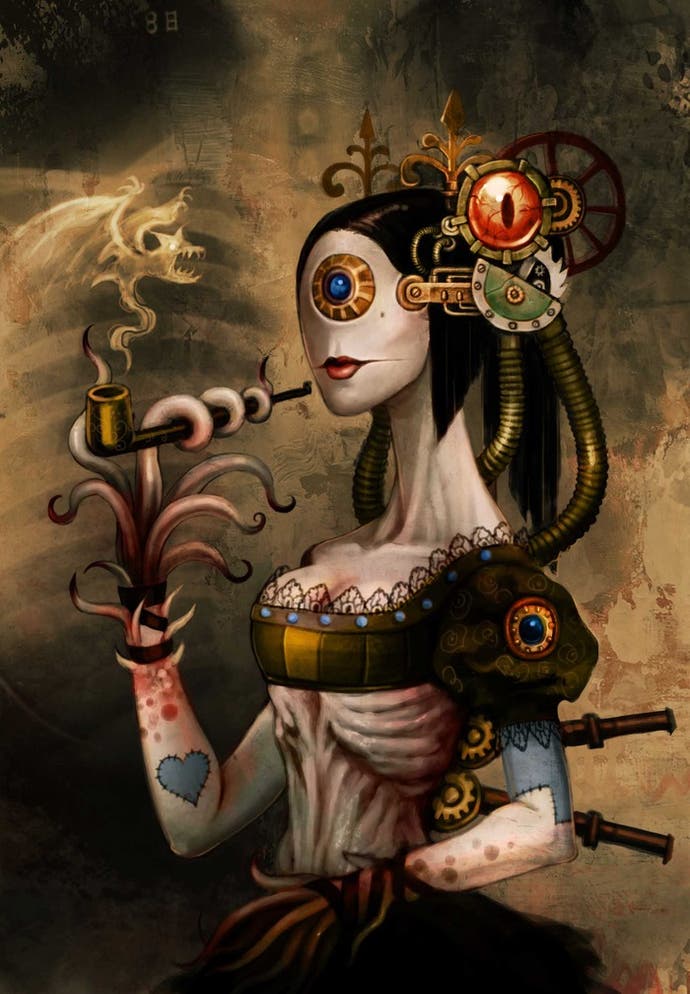
"These things never move quickly, so it's just a matter of continuing to work through the process until we get something going," he continued. "One thing to keep in mind is that when we did Madness Returns I began the conversation with them and it was almost two years from the start of the conversation until we began development. It took two years to make the game, but it took almost two years to get the deal in place as well prior to starting development. And that's pretty typical."
